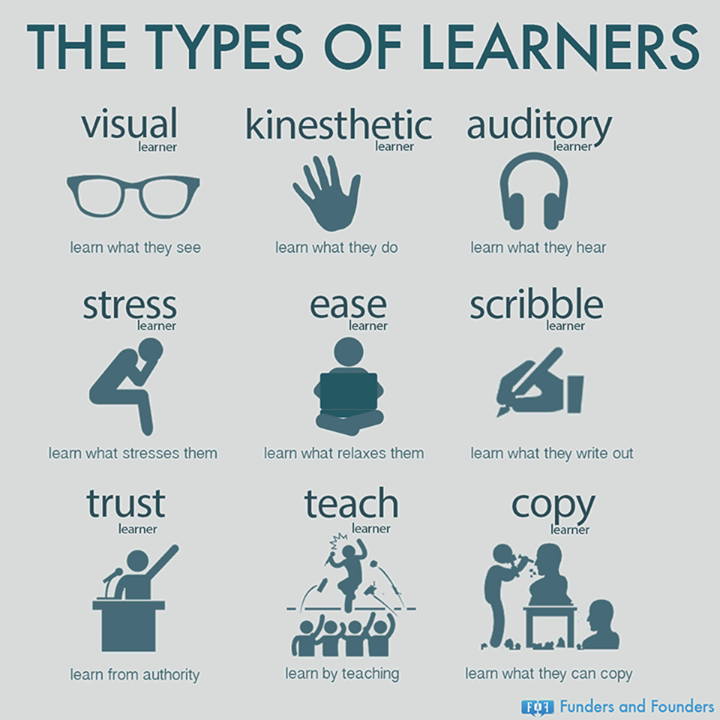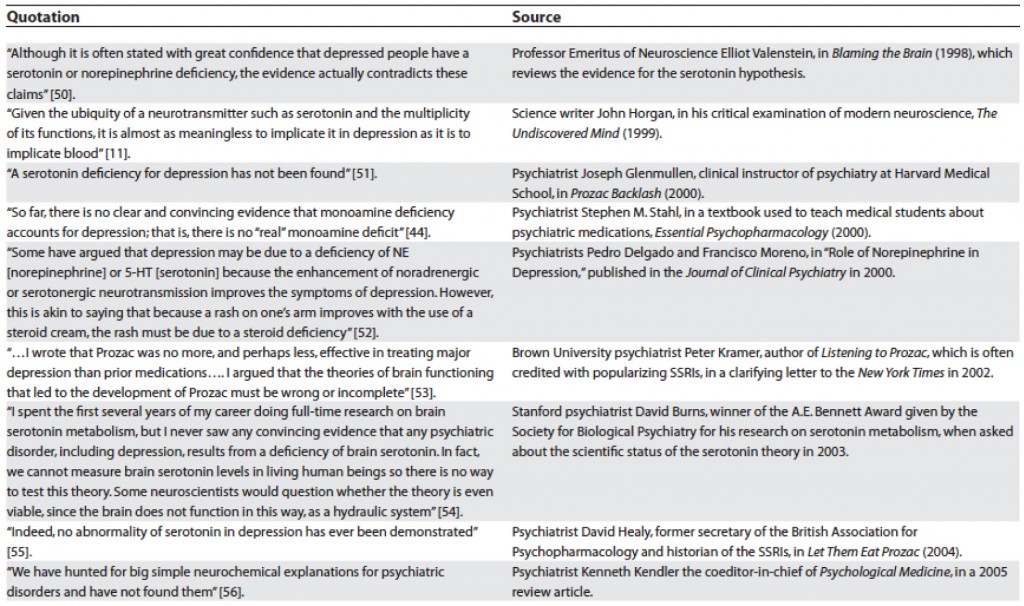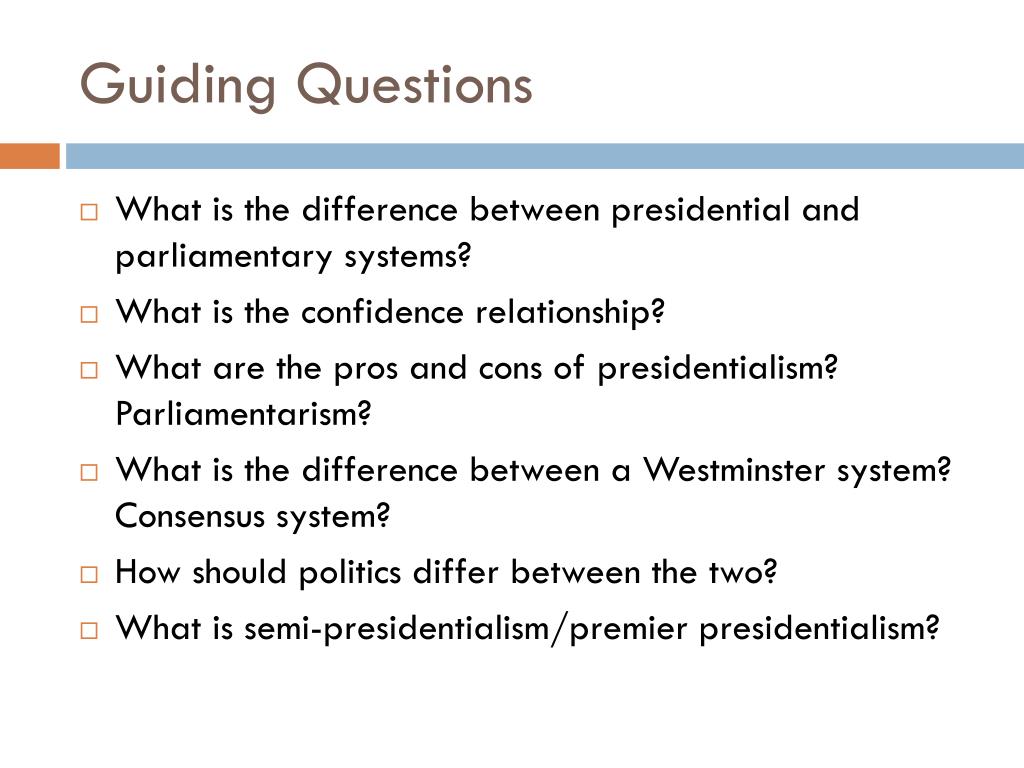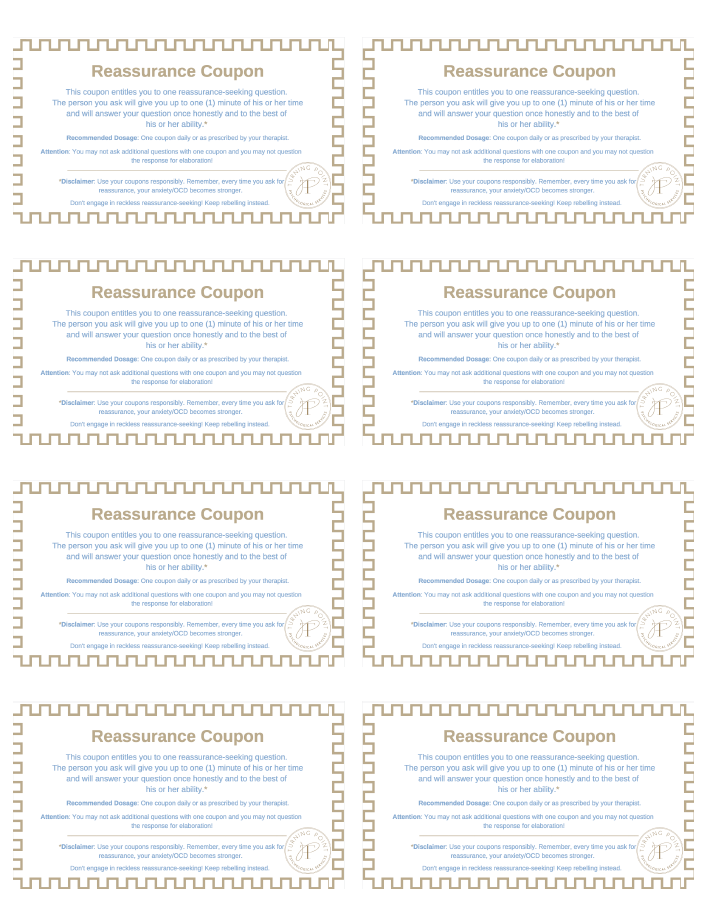How to treat me
Myalgic encephalomyelitis or chronic fatigue syndrome (ME/CFS) - Treatment
Treatments for myalgic encephalomyelitis or chronic fatigue syndrome (ME/CFS) aim to help relieve your symptoms.
Your treatment will be tailored to your symptoms. Early diagnosis, taking medicine to control certain symptoms, and making lifestyle changes can all help.
ME/CFS can last a long time and you may need to adapt your daily routine as part of your treatment plan.
You may find there are times when your symptoms get better, as well as times when symptoms are more severe.
Treatment plans for ME/CFSThere's no single way of managing ME/CFS that works for everyone, but there are a number of treatment options.
The National Institute for Health and Care Excellence (NICE) says you should be offered a treatment plan tailored to your symptoms.
Your doctor should discuss all of the options with you, and explain the benefits and risks of any treatment.
They should work with you to develop a treatment plan that suits you and takes into account your circumstances and preferences.
You may need advice about making lifestyle changes, specialist treatments, or a combination of both.
If your symptoms are severe, your doctor should ask a specialist for advice.
Your treatment plan should be reviewed regularly.
Specialist treatments
There are a number of specialist treatments for ME/CFS.
Cognitive behavioural therapy (CBT)If you have mild or moderate ME/CFS, you should be offered cognitive behavioural therapy (CBT).
CBT is a talking treatment that can help you manage ME/CFS by changing the way you think and behave.
Your CBT therapist will ideally have experience of dealing with ME/CFS and treatment will be offered on a 1-to-1 basis.
Using CBT does not mean ME/CFS is considered to be a psychological condition. It's used to help people with a variety of long-term conditions.
Energy managementEnergy management is a treatment that aims to teach you how to make best use of your energy levels in your day to day life, without making your symptoms worse.
As part of this treatment you may be asked to monitor your daily activities using a diary, or apps on your phone.
An exercise plan may be suitable for some people living with CFS /ME, but exercise programmes such as graded exercise therapy (GET) are no longer recommended for everyone with ME/CFS.
If you think you would benefit from increased levels of exercise you should be offered a personalised plan with support from a health professional (such as a physiotherapist) with experience in working with people with ME/CFS.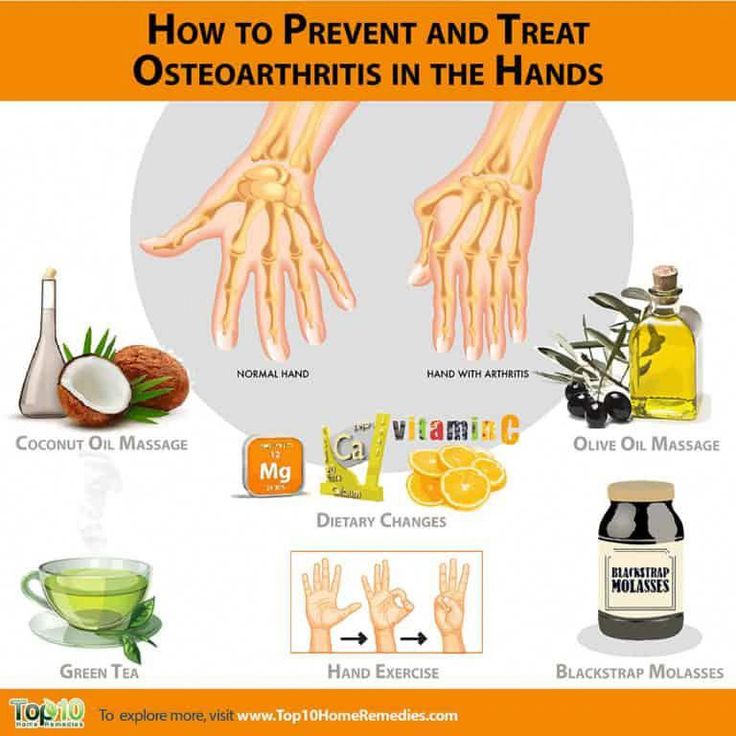
There's no specific medicine for treating ME/CFS, but medicine can be used to relieve some of the symptoms.
Over-the-counter painkillers can help ease headaches, as well as muscle and joint pain. A GP can prescribe stronger painkillers, although they should only be used on a short-term basis.
You may be referred to a pain management clinic if you have long-term pain.
Antidepressants can be useful for people with ME/CFS who are in pain or having trouble sleeping. Amitriptyline is a low-dose tricyclic antidepressant that may be prescribed to help ease muscle pain.
Lifestyle changes
As well as specialist treatments for ME/CFS, making lifestyle changes can also help.
Diet and supplementsIt's important you eat regularly and have a healthy, balanced diet.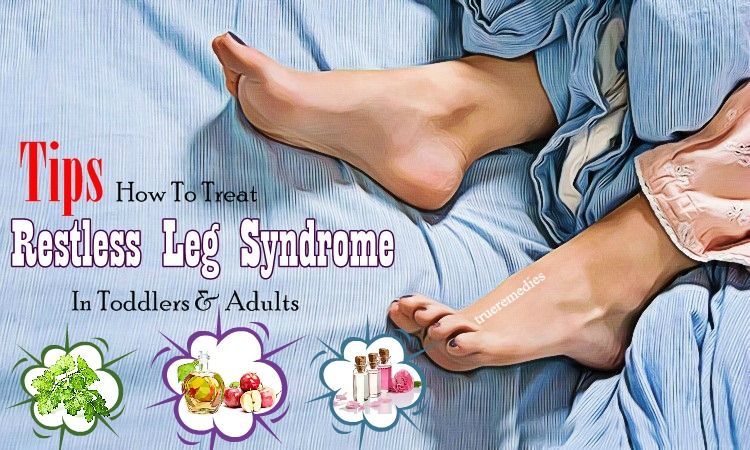 You should be offered practical advice about how to achieve this if, for example, your ME/CFS symptoms are making it difficult for you to shop or prepare food.
You should be offered practical advice about how to achieve this if, for example, your ME/CFS symptoms are making it difficult for you to shop or prepare food.
If you feel sick, eating starchy foods, eating little and often, and sipping drinks slowly may help. If this does not work, medicine can be prescribed.
Diets that exclude certain food types are not recommended for people with ME/CFS. There's also insufficient evidence to recommend supplements, such as vitamin B12, vitamin C, magnesium, or co-enzyme Q10.
Sleep, rest and relaxationYou may have sleep problems that make your ME/CFS symptoms worse. For example, you may:
- have problems getting to sleep
- have unrefreshing or restless sleep
- need an excessive amount of sleep
- sleep during the day and be awake at night
You should be given advice about how to establish a normal sleeping pattern.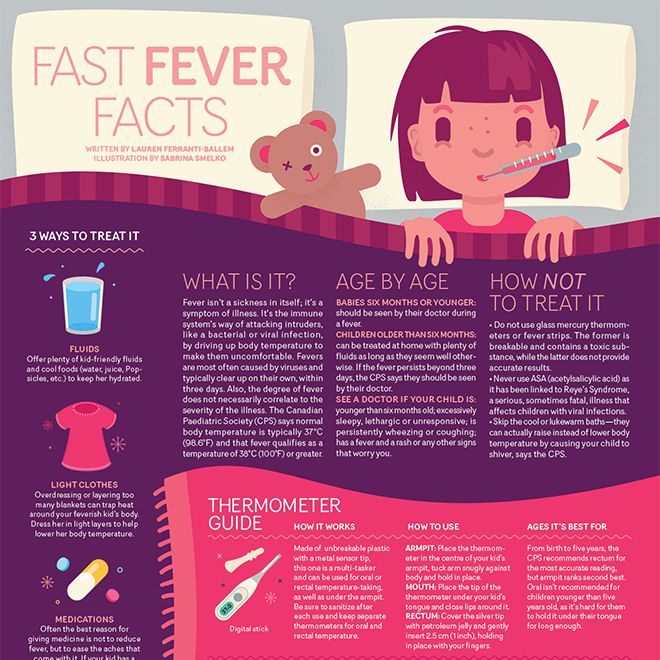 Having too much sleep does not usually improve the symptoms of ME/CFS, and sleeping during the day can stop you sleeping at night.
Having too much sleep does not usually improve the symptoms of ME/CFS, and sleeping during the day can stop you sleeping at night.
You should change your sleep pattern gradually, and your doctor should review how it's going regularly. If your sleep does not improve after making changes, you may have an underlying sleep problem that will need to be addressed.
It's likely you'll need to rest during the day, and your doctor should advise you about the best way to do this. For example, they may suggest limiting each rest period to 30 minutes and teach you relaxation techniques, such as breathing exercises.
If you have severe ME/CFS and need to spend much of your time in bed, it can cause problems, including pressure sores and blood clots. These problems, and how to avoid them, should be explained to you and your carers.
Other lifestyle changes to manage ME/CFSOther ways to manage ME/CFS include:
- equipment – some people may need a blue badge for parking, a wheelchair, a stairlift, or other adaptations for their home
- changes in your place of work or study – when you're ready and well enough to return to work or studies, your doctor should be able to advise you on changes that could ease your return
There's limited or no evidence to recommend:
- resting completely – there's no evidence this helps
- complementary medicine – there is not enough evidence that it's helpful for ME/CFS
You should not take up vigorous unsupervised exercise such as going to the gym or for a run as this may make your symptoms worse.
Setbacks or relapses
A setback or relapse is when your symptoms get worse for a period of time.
They're a common part of ME/CFS and can be caused by a number of factors, such as an infection or an unplanned activity. Sometimes there's no clear cause.
The doctors treating you can help you manage a setback or relapse by:
- including more breaks with your current levels of activities
- teaching you relaxation and breathing techniques
- encouraging you to be optimistic about your recovery
Page last reviewed: 29 October 2021
Next review due: 29 October 2024
Chronic fatigue syndrome - Diagnosis and treatment
Diagnosis
There's no single test to confirm a diagnosis of chronic fatigue syndrome. Symptoms can mimic those of many other health problems, including:
- Sleep disorders.
 Chronic fatigue can be caused by sleep disorders. A sleep study can determine if your rest is being disturbed by disorders such as obstructive sleep apnea, restless legs syndrome or insomnia.
Chronic fatigue can be caused by sleep disorders. A sleep study can determine if your rest is being disturbed by disorders such as obstructive sleep apnea, restless legs syndrome or insomnia. - Medical problems. Fatigue is a common symptom in several medical conditions, such as anemia, diabetes and underactive thyroid (hypothyroidism). Lab tests can check your blood for evidence of some of the top suspects.
- Mental health issues. Fatigue is also a symptom of a variety of mental health problems, such as depression and anxiety. A counselor can help determine if one of these problems is causing your fatigue.
It's also common for people who have chronic fatigue syndrome to also have other health problems at the same time, such as sleep disorders, irritable bowel syndrome, fibromyalgia, depression or anxiety.
In fact, there are so many overlapping symptoms between chronic fatigue syndrome and fibromyalgia that some researchers consider the two disorders to be different aspects of the same disease.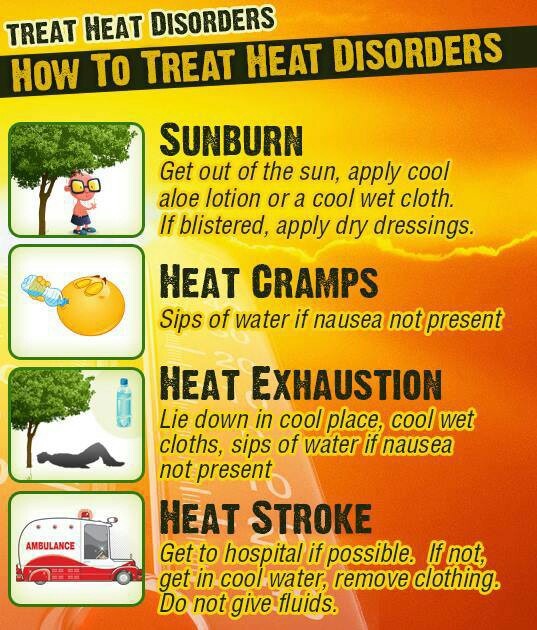
Diagnostic criteria
Guidelines proposed by the United States Institute of Medicine define the fatigue associated with chronic fatigue syndrome as being:
- So severe that it interferes with the ability to engage in pre-illness activities
- Of new or definite onset (not lifelong)
- Not substantially alleviated by rest
- Worsened by physical, mental or emotional exertion
To meet the Institute of Medicine's diagnostic criteria for chronic fatigue syndrome, a person would also need to experience at least one of these two symptoms:
- Difficulties with memory, focus and concentration
- Dizziness that worsens with moving from lying down or sitting to standing
These symptoms must last for at least six months and occur at least half the time at moderate, substantial or severe intensity.
Treatment
There is no cure for chronic fatigue syndrome. Treatment focuses on symptom relief. The most disruptive or disabling symptoms should be addressed first.
Medications
Some problems associated with chronic fatigue syndrome can be improved with either prescription or over-the-counter medications. Examples include:
- Depression. Many people with long-term health problems, such as chronic fatigue syndrome, are also depressed. Treating your depression can make it easier for you to cope with the problems associated with chronic fatigue syndrome. Low doses of some antidepressants can also help improve sleep and relieve pain.
- Orthostatic intolerance. Some people with chronic fatigue syndrome, particularly adolescents, feel faint or nauseated when they stand or sit upright. Medications to regulate blood pressure or heart rhythms may be helpful.
- Pain. If over-the-counter medications such as ibuprofen (Advil, Motrin IB, others) and naproxen sodium (Aleve) don't help enough, prescription drugs sometimes used to treat fibromyalgia might be options for you.
 These include pregabalin (Lyrica), duloxetine (Cymbalta), amitriptyline or gabapentin (Neurontin).
These include pregabalin (Lyrica), duloxetine (Cymbalta), amitriptyline or gabapentin (Neurontin).
Therapy
Many people with chronic fatigue syndrome benefit from:
- Counseling. Talking with a counselor can help build coping skills to deal with chronic illness, address limitations at work or school, and improve family dynamics. It can also be helpful for managing depression.
- Addressing sleep problems. Sleep deprivation can make other symptoms more difficult to deal with. Your doctor might suggest avoiding caffeine or changing your bedtime routine. Sleep apnea can be treated by using a machine that delivers air pressure through a mask while you sleep.
- Exercise. Aggressive exercise regimens often lead to worsened symptoms, but maintaining activities that are tolerated is important to prevent deconditioning. Exercise regimens that start at a very low intensity and increase very gradually over time may be helpful in improving long-term function.

Post-exertional malaise
People with chronic fatigue syndrome have a worsening of their symptoms after physical, mental or emotional effort. This is called post-exertional malaise and it can last for days or weeks after the exertion.
People who experience post-exertional malaise often struggle to find a good balance between activity and rest. The goal is to remain active without overdoing it.
You may want to keep a daily diary of your activities and symptoms, so you can track how much activity is too much for you. This may help you avoid pushing too hard on the days you feel good, which can result in a "crash" where you feel much worse later.
More Information
- Acupuncture
- Massage therapy
- Psychotherapy
Request an Appointment at Mayo Clinic
From Mayo Clinic to your inbox
Sign up for free, and stay up to date on research advancements, health tips and current health topics, like COVID-19, plus expertise on managing health.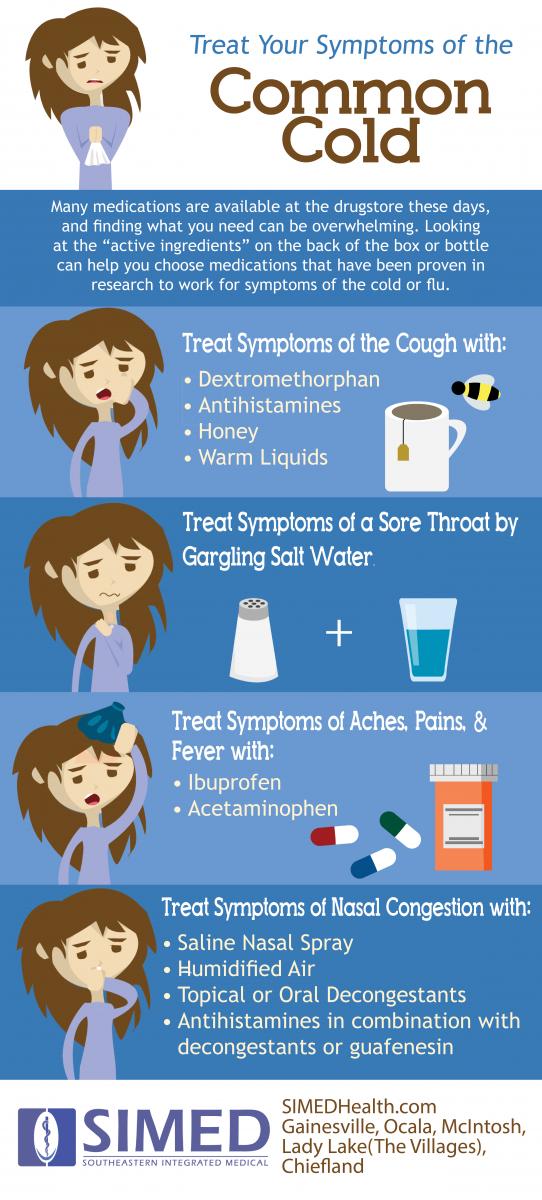
To provide you with the most relevant and helpful information, and understand which information is beneficial, we may combine your email and website usage information with other information we have about you. If you are a Mayo Clinic patient, this could include protected health information. If we combine this information with your protected health information, we will treat all of that information as protected health information and will only use or disclose that information as set forth in our notice of privacy practices. You may opt-out of email communications at any time by clicking on the unsubscribe link in the e-mail.
Alternative medicine
Many alternative therapies have been promoted for chronic fatigue syndrome, but there's not much evidence that they work. Patients with chronic fatigue syndrome may be sensitive to medications, including herbal products and supplements. Treatments that are expensive or potentially harmful should be avoided.
Patients with chronic fatigue syndrome may be sensitive to medications, including herbal products and supplements. Treatments that are expensive or potentially harmful should be avoided.
Coping and support
The experience of chronic fatigue syndrome varies from person to person. Emotional support and counseling may help you and your loved ones deal with the uncertainties and restrictions of this disorder.
You may find it therapeutic to join a support group and meet other people with chronic fatigue syndrome. Support groups aren't for everyone, and you may find that a support group adds to your stress rather than relieves it. Experiment and use your own judgment to determine what's best for you.
Preparing for your appointment
If you have signs and symptoms of chronic fatigue syndrome, you're likely to start by seeing your family doctor or a general practitioner. It can be difficult to absorb all of the information provided during an appointment, so you might want to arrange for a friend or family member to accompany you. Having someone else hear the information can help you later in case there's something you missed or forgot.
Having someone else hear the information can help you later in case there's something you missed or forgot.
What you can do
Before your appointment, you may want to write a list that includes:
- Your signs and symptoms. Be thorough. While fatigue may be affecting you most, other symptoms — such as memory problems or headaches — also are important to share with your doctor.
- Key personal information. Recent changes or major stressors in your life can play a very real role in your physical well-being.
- Health information. List any other conditions for which you're being treated and the names of any medications, vitamins or supplements that you take regularly.
- Questions to ask your doctor. Creating your list of questions in advance can help you make the most of your time with your doctor.
For chronic fatigue syndrome, some basic questions to ask your doctor include:
- What are the possible causes of my symptoms or condition?
- What tests do you recommend?
- If these tests don't pinpoint the cause of my symptoms, what additional tests might I need?
- On what basis would you make a diagnosis of chronic fatigue syndrome?
- Are there any treatments or lifestyle changes that could help my symptoms now?
- Do you have any printed materials I can take with me? What websites do you recommend?
- What activity level should I aim for while we're seeking a diagnosis?
- Do you recommend that I also see a mental health provider?
Don't hesitate to ask other questions during your appointment as they occur to you.
What to expect from your doctor
Your doctor is likely to ask you a number of questions, such as:
- What are your symptoms and when did they begin?
- Does anything make your symptoms better or worse?
- Do you have problems with memory or concentration?
- Are you having trouble sleeping?
- How often do you feel depressed or anxious?
- How much do your symptoms limit your ability to function? For example, have you ever had to miss school or work because of your symptoms?
- What treatments have you tried so far for this condition? How have they worked?
By Mayo Clinic Staff
Related
Associated Procedures
Products & Services
Online fortune-telling "How a person treats me"
We are all surrounded by a large number of people, and one way or another, we depend on their attitude and actions. There are those with whom we want to be closer, there are those who want to hurt .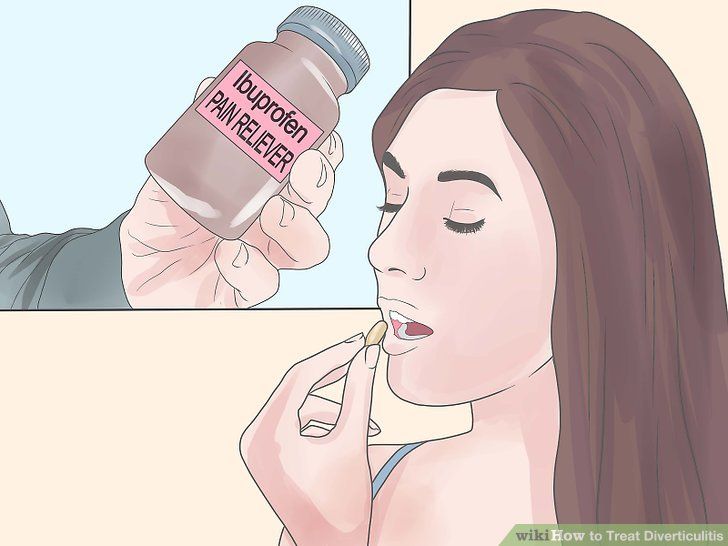 .. Fortune-telling "How does a person feel about me" online for free will help you find out the attitude of any conceived person. To know the true attitude of a person towards yourself means to be able to manage your relationship and prepare in advance for the upcoming moments of crisis. And for lovers, this is a way to find reciprocity and not worry about their imperfection and unattractiveness.
.. Fortune-telling "How does a person feel about me" online for free will help you find out the attitude of any conceived person. To know the true attitude of a person towards yourself means to be able to manage your relationship and prepare in advance for the upcoming moments of crisis. And for lovers, this is a way to find reciprocity and not worry about their imperfection and unattractiveness.
A little preparation...
Online layout
To get an answer to your question, select five cards from the virtual playing deck and carefully read the fortune-telling prediction "How a person treats me."
Divination interpretation
The layout is not too complicated, but it will take some time to analyze the cards and project the interpretation to your real situation. If experience is not enough - try to read interpretation instructions with examples from Anna Sergeeva.
- The first card - the feelings and thoughts of the hidden person in relation to you.
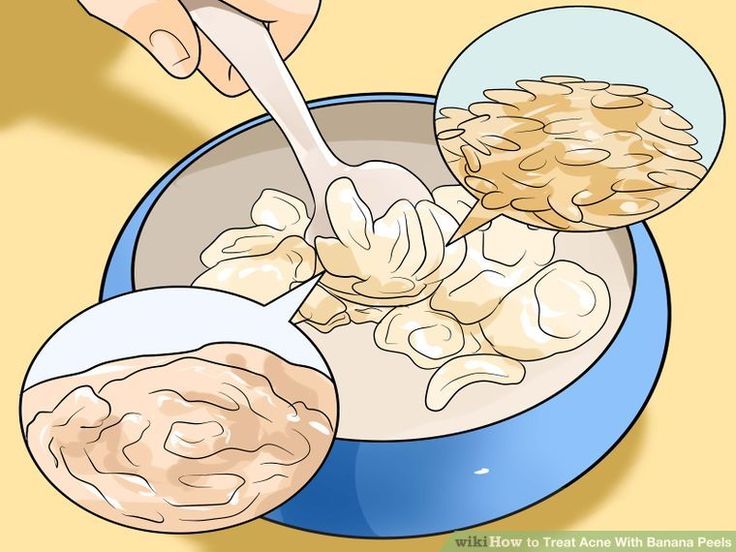
- The second card - a person's plans for your account for the near future.
- The third card is what moves you away from each other or, conversely, brings you closer.
- The fourth card is what you need to pay attention to. It is something hidden or yet unknown to you.
- Fifth card - advice on what can be done right now to influence the situation.
Regardless of the result of divination, remember that a person's feelings are a very mysterious matter. They can change, and no one can guarantee that everything will be the same tomorrow. If you didn’t like the prediction you received, try another divination on Tarot , Scandinavian Runes or Lenormand cards . These decks will allow you to look at the situation from a different angle.
Good luck with your alignment and good prediction!
Anna Sergeeva
Esotericist, tarot reader, astrologer (project consultant)
Material published: 2021-04-08, modified: 2022-03-28
4.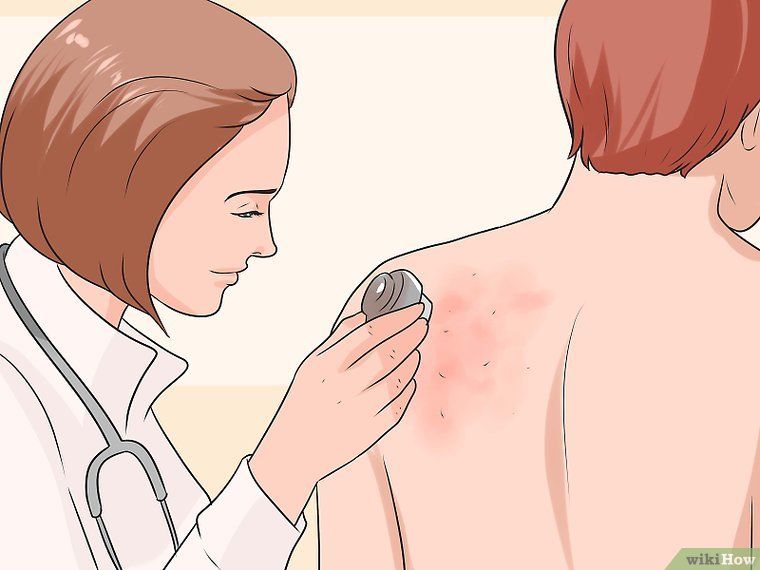 9/5
9/5
rating
ask a question
INTERESTING ONLINE TESTS
- Test: "What will your boyfriend's name be"
- Test: "When you meet Love"
- Test: “At what age will I get married”
- Test: "Does the guy love you"
- Test: "Does your husband love you"
- Test: Pair Compatibility
- Test: "In Love"
- Test: "In the name of the future Husband"
- Test: "Temperament"
- Quiz: "Which Witch Are You"
- Test: "Do I have Corruption"
- Test: "For a Psychic"
- Test: "Intuition"
- Test: "For Dullness"
- Test: "On the color type of appearance"
- Test: "Who were you in a past life"
- Quiz: "What Element Are You"
- Test: "What Animal Are You"
all online tests
20 reasons why others don't give a damn about you
669,512
Man among men
I play a game where I let them win.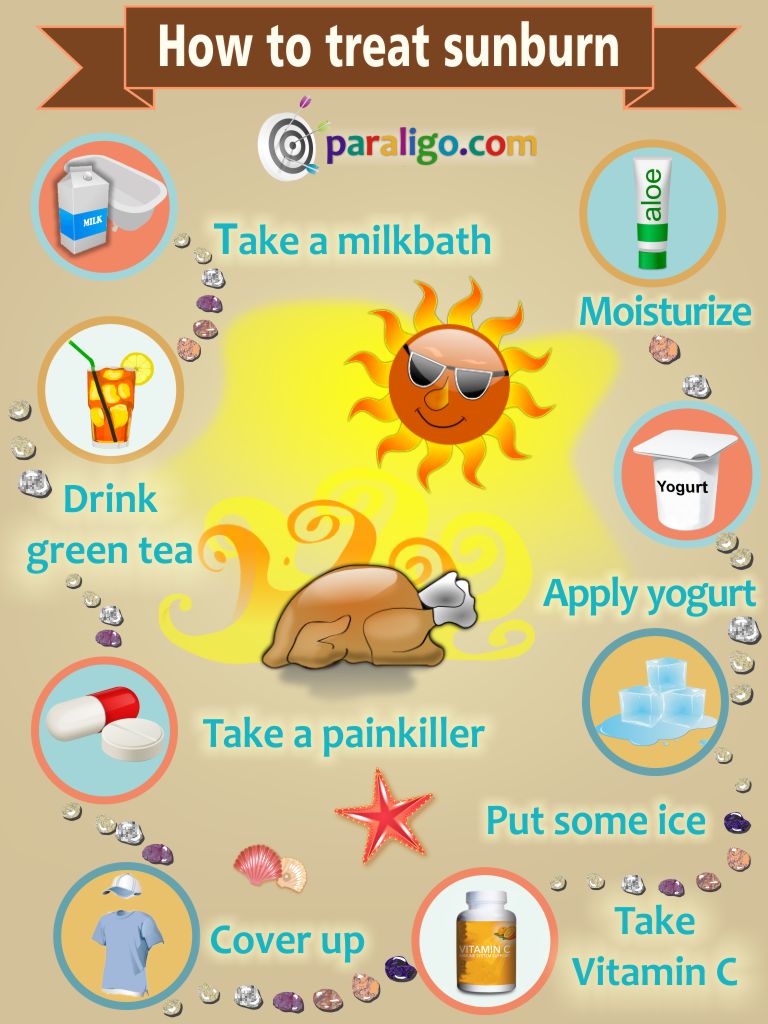 I'm playing a game I don't want to play, I don't know how to play, and worse, I don't even know I'm playing it. And in this game, I'm always a loser. Because the cards were dealt long before it began. Because the best people are not valued by other people.
I'm playing a game I don't want to play, I don't know how to play, and worse, I don't even know I'm playing it. And in this game, I'm always a loser. Because the cards were dealt long before it began. Because the best people are not valued by other people.
1. I feel bad for you when you violate my boundaries. Instead of asking myself what's going on with my relationship, I ask him what's wrong? I minimize my needs because I love too much.
2. I don't feel when I'm being bullied for the first time. I wasn't respected much when I was a child and not much has changed since then. As long as the situation does not go beyond all possible boundaries, I consider it normal. And then it turns out too late.
He is always stressed, angry, snarky, tired… These are all signs that your partner is a “toxic” person, but if he is still around you, this is also a sign that boundaries do not exist or they've been gone for a long time.
Chaos occurs when there are no boundaries in relationships.
If someone acts like they don't care about you, then they really don't care about you.
3. I forgive right away. When I finally realize that I'm being disrespected, I think, "They didn't want to." And I automatically forgive. Or at least I convince them that what they have done is bad.
What the hell? Instead of standing up and standing up for myself, I teach them good manners.
4. I choose between relationships and self-esteem. I want love. This is a healthy desire. Everyone wants love. But I do not want to be alone for a minute and I protect my relationship at the cost of many concessions.
5. I start to convince you that I am worth something, instead of acting. I remind you that I am a good friend, wife, I give examples of how I took care of you. This is the biggest co-dependency mistake: trying to change what people think of you instead of taking care of yourself.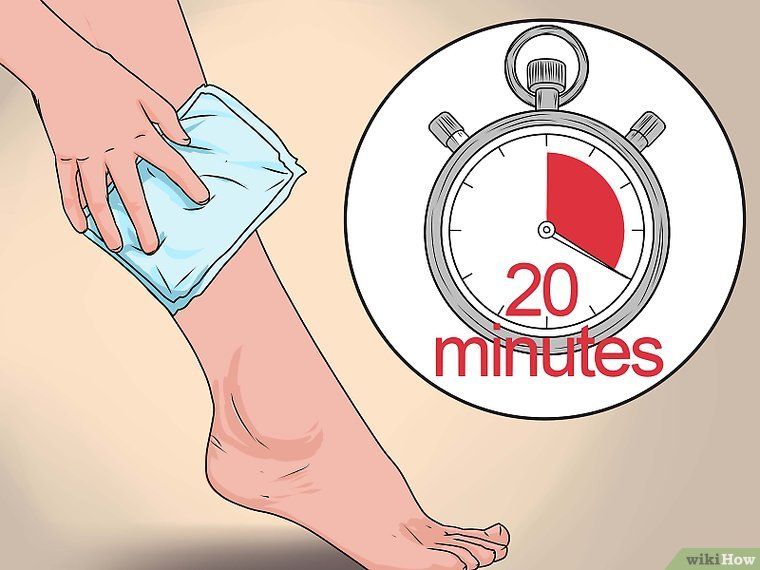 And it doesn't work.
And it doesn't work.
The only way to show someone else that you are worth something is to be worth something. And there is only one way to do it - to believe in it yourself. When you know your worth, you don't have to prove anything.
6. I believe that the one who loves me will never offend me. I see the world full of kind people, and it never occurs to me that someone who loves me might deliberately want to offend me. I live in a world of fairy tales and fantasies, which at some point, for some unknown reason, turns into a world of nightmares.
I don't know one simple truth: Just because I love someone with all my heart doesn't guarantee that they will treat me well.
I have yet to learn an important thing: I must always protect myself by setting my own boundaries, no matter how much I love.
7. I think he feels and thinks like me. My purpose in relationships is pure and innocent: to love, to help, to protect. And I sincerely (and wrongly!) think that everyone around has the same goals as me. No, there are selfish, corrupt, cunning people in the world. And yet I still ignore the warning signs.
And I sincerely (and wrongly!) think that everyone around has the same goals as me. No, there are selfish, corrupt, cunning people in the world. And yet I still ignore the warning signs.
Even the nicest people in the world will not refuse to use you if you give them the opportunity to do so.
8. I don't want to offend anyone, even if they offend me. I am very careful in relationships. I move carefully and make sure I don't step on anyone's feet, I don't want to hurt anyone, even at the cost of my own pain. I even try to shield them from the experience of hurting me. I hide it and pretend that everything is fine. It doesn't occur to me that if someone acts like they don't care about you, then they really don't care about you.
9. I am blind to the truth and do not believe that anyone WANTS to offend me. But even the nicest people in the world will not refuse to use you if you give them the opportunity.
10. I need your estimate. Since childhood, I have felt that something is wrong with me. I need you to tell me that I'm good because I still can't tell myself that. And I also want you to admit that you were wrong when you offended me. That is, it turns out - I need another person in order to say that I can not be offended. And what do you think he will say?
11. I am a very empathic person: 100% empathy for you and 0 % for myself. When someone offended me, I feel embarrassed for him. I take responsibility for other people's feelings even when they hurt mine. This is the path to heaven, but it leads straight to hell.
12. I automatically think that everyone is right and I am wrong. Because the first thought that occurs to me when someone offends me is: “Probably I was wrong. What did I do wrong?
13. I am a magnet for those who like to play power. Narcissists and egoists are attracted to me because I allow myself to be used. If I had to choose scenarios to play in, it would be a vampire drinking blood, an innocent victim laying his head on a chopping block, a sheep being sheared... The behavior of the victim is comfortable for me. And the Universe continues to give me what I myself ask of it…
If I had to choose scenarios to play in, it would be a vampire drinking blood, an innocent victim laying his head on a chopping block, a sheep being sheared... The behavior of the victim is comfortable for me. And the Universe continues to give me what I myself ask of it…
14. I don't know what respect looks like. It seems to me that you need to live in order to find yourself and your love, despite all the mistakes that I made. The idea that you can be in a relationship where you are respected, “just like that”, without doing anything for this, is alien to me.
15. I love everyone and feel sorry for them when they offend me. Emotionally I am more attuned to others than to myself. I can't catch my own wave and hear what it sounds like.
16. I don't make decisions for myself. I ask others if what they have done to me is good. I seek consensus and compromise before doing anything in my favor. I believe that until I receive confirmation from another, I can not decide anything. Actually, it's called helplessness.
Actually, it's called helplessness.
Think about what's going on: I'm asking what's going on and why of someone who hurt me. I'm looking for confirmation from someone who doesn't respect me to say that he doesn't respect me...
17. I don't build boundaries. For the following reasons:
1) I want to please someone else,
2) I don’t want complications,
3) I don’t know what I myself need and don’t think about it,
4) I don’t know how to do it.
18. I feel guilty when I can't give you everything.
19. I feel uncomfortable in an equal relationship. I need to give back. So I feel like I'm worth something.
20. I'm afraid to be alone. Because I think that relationships with others are much more important than relationships with myself. Once I was small and thought that I would die without love. But I continue to live this old story and do not think that much has changed since then.

